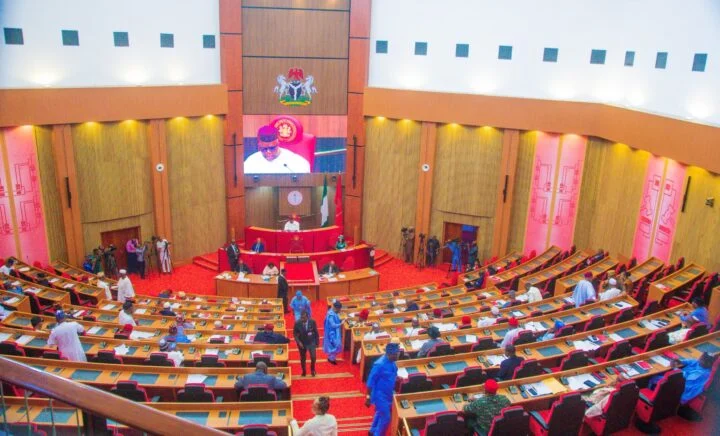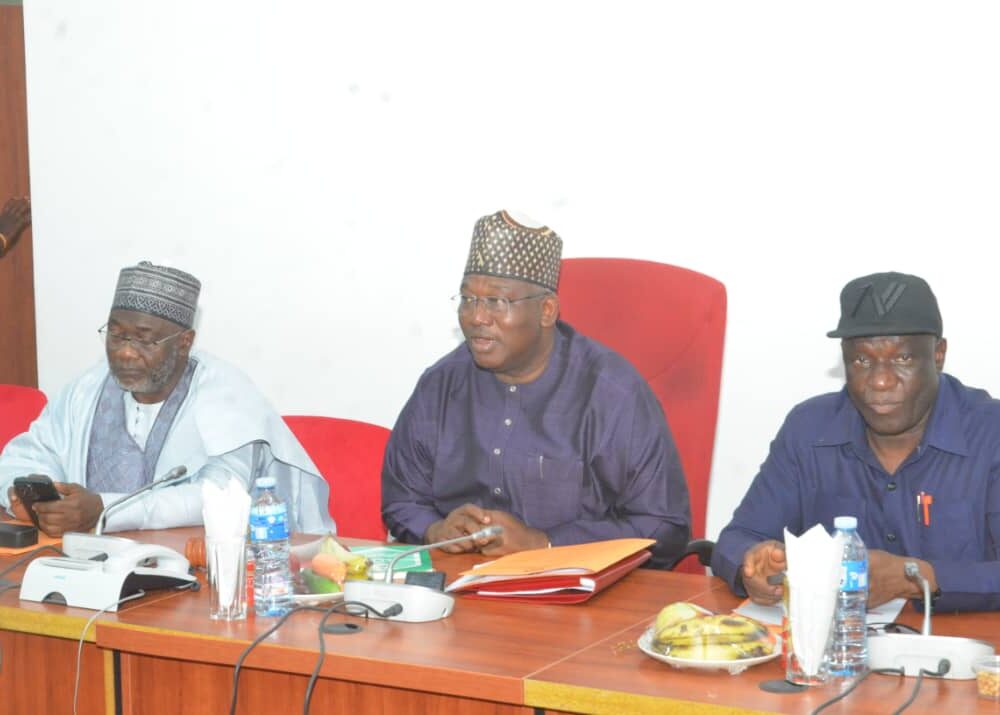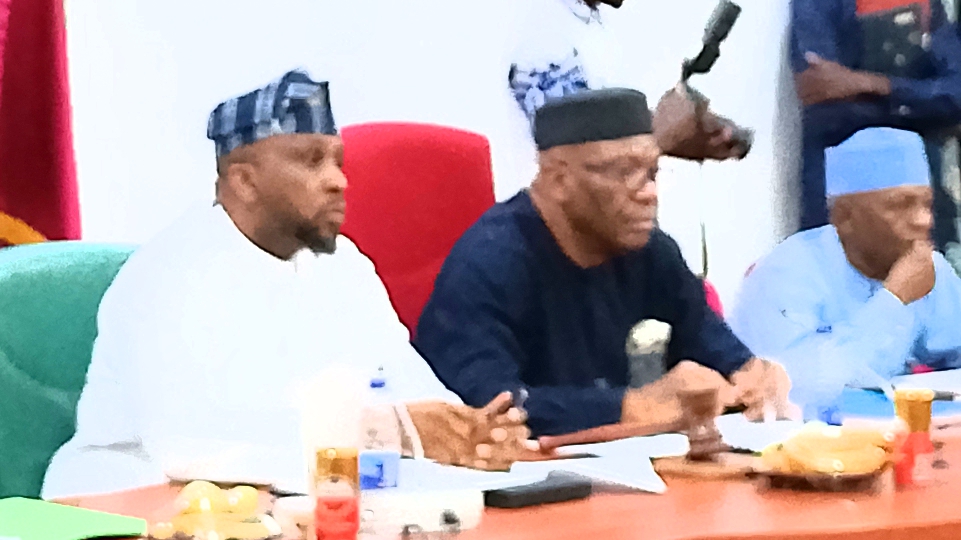By James Isaac ,Abuja
In a decisive move to curb the perennial issue of crude oil theft, the Nigerian Senate on Thursday launched a two-day public hearing aimed at crafting sustainable solutions to the economic sabotage plaguing the oil and gas sector.
Declaring the session open, the President of the Senate, Senator Godswill Obot Akpabio represented by the Deputy Senate President, Senator Jibrin I. Barau underscored the urgency of deploying digital technology and instituting stiffer legal measures to protect Nigeria’s critical oil assets.
He stated that the Senate is considering classifying oil theft as a form of terrorism, which would attract more severe penalties for perpetrators. He further outlined a series of proposed measures, including mandatory digital metering and real-time monitoring of oil production and exports, improved transparency in crude lifting, and enhanced collaboration between security and anti-corruption agencies to track and intercept stolen crude.
“We are prepared to strengthen laws, enhance oversight, and ensure that agencies responsible for protecting our oil assets are held accountable,This includes holding oil companies responsible for securing pipelines and investing in surveillance technology. Host communities must also act as defenders of these assets not victims or accomplices”Senator Barau said.
He stressed that security agencies must adopt a zero-tolerance policy on complicity and that recommendations from the hearing must lead to “actionable, measurable, and time-bound solutions.”
“To the criminals stealing our crude oil, your time is up,to the agencies tasked with protecting our resources, the nation is watching. And to this Ad-hoc Committee, the Senate expects a robust, no-holds-barred report that will guide decisive legislative and executive action” he declared.
The Senate President commended the Ad-hoc Committee on Incessant Crude Oil Theft, chaired by Senator Ned Munir Nwoko (Delta North), for convening the public hearing, stressing that Nigeria’s economic survival depends on stopping oil theft.
“Nigeria’s oil and gas sector accounts for over 80% of government revenue and 90% of foreign exchange earnings,” he noted. “Yet, we lose between 150,000 and 400,000 barrels of crude oil daily to theft, translating to billions of dollars in lost revenue annually.”
He described crude oil theft as an act of economic sabotage that undermines national security, devalues the Naira, and perpetuates poverty in oil-producing communities.
“We must ask the hard questions: Who are the perpetrators? Why have current measures failed? How are stolen shipments exported without detection? What reforms can seal the loopholes?” he asked.
He concluded by emphasizing the need to hold all stakeholders regulatory agencies, security forces, oil companies, and host communities accountable in the fight against crude oil theft.





